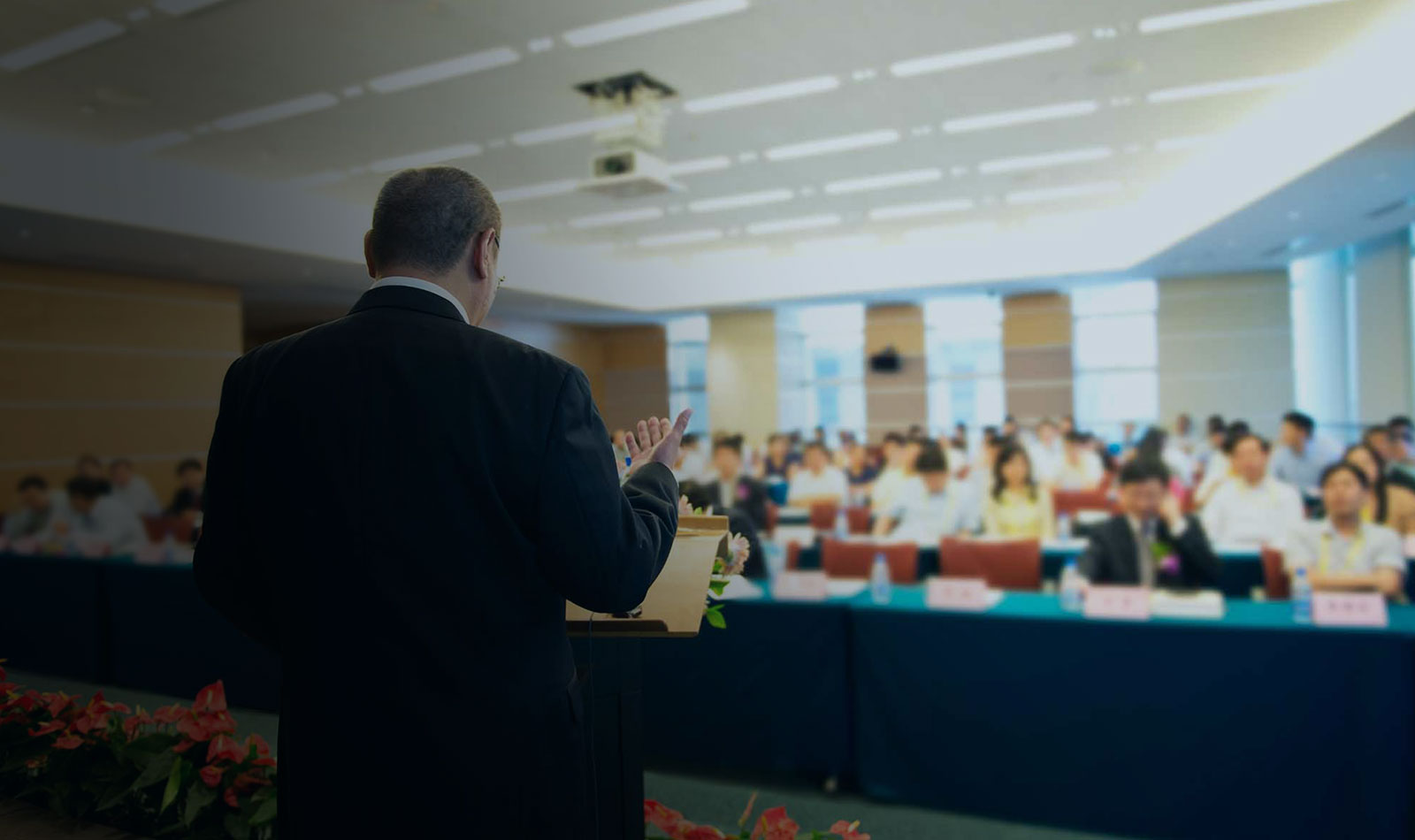By Liz Elting
MarketingProfs - November 16, 2012
The athletes competing at the London Olympics broke many records, but the number coming out of the Games that is most revealing for us is the worldwide audience: not the number of TV viewers worldwide, but the overwhelming number of global online spectators.
The BBC reported that more than 55 million viewers went to the Web to catch up on the competition, see video footage, and communicate about the Games with other viewers in real time. In fact, the International Olympic Committee (IOC) called it the first social media Olympics.
To make the most of this massive audience that was hungry for all things Olympic, smart content providers prepared months, even years, in advance by creating engaging and culturally appropriate brand messaging for consumers in diverse languages across the globe.
A Social Media Success Story
Santa Monica-based digital advertising agency The ZiZo Group created the largest social media video campaign in the history of the Olympics.
The agency worked with a leading Olympic sponsor to develop a collection of 21 inspiring profiles of the mothers of Olympic athletes from around the world. Each mom shared her own insights about her child's dedication and the support he or she received along the long road to London. The videos have been translated into 11 languages, and they have beenseen by viewers around the globe.
ZiZo Group's area of expertise is developing and using online video as a social media marketing platform. For language translation and localization expertise, the agency turned to an experienced language service provider. Translation and localization experts collaborated with the agency from the planning stage through completion of the project, driving the following:
- Translation of the interview questions for the Olympians and their mothers in eight languages
- Language interpretation services during the live, on-location interviews around the world
- Translation and drafting of complete video scripts for multilingual videos
- Translation and localization of the post-production video subtitling, enabling international viewers to view and understand the videos
Download This: Creating Content for a Global Audience
Here are three key lessons from the first social media Olympics that marketers can apply to their own international campaigns:
1. The thirst for in-language content is growing. The huge online audience for the Games shows that there is an incredibly high demand for high-quality, multicultural information, including videos, blogs, images, infographics and the like. That demand won't diminish just because the Games are over. Microsoft media experts predict that by 2014 more than 220 million people around the world will head to their PCs or mobile devices instead of television sets to watch programming.
2. Advertising connected to global social media content is more valuable. The New York Times reported that NBC received a huge surge in last-minute advertising requests specifically for Web-based video content. For the first time, the network noted that brands were willing to pay higher rates for online video ad insertions than for TV ads. Additional profits are generated by the digital distribution of content because streaming costs are being absorbed by the likes of YouTube and Yahoo.
3. English-only content is outdated. Because the Olympics promote both unity and celebration of cultural diversity, the online content around the Games reflected many countries and languages. The opportunities for viewers to watch, understand, and enjoy social media content they could relate to—because it crossed language barriers—was paramount to the success of the Olympics.
The ultimate legacy of the 2012 London Olympics will be that it marked the emergence of social media as the preferred way people watch, interact, and share information about the Games globally.
We've now seen a clear and growing need for international social media content that is inclusive and culturally appropriate. As this demand soars, language service providers with knowledge of current usage and local preferences will play a central role in content development.
The smart move for content providers and marketers right now would be to use the London Games as motivation to start developing a strategy for making their brand visible, appealing, and accessible for the 2016 Olympics in Rio de Janeiro.

